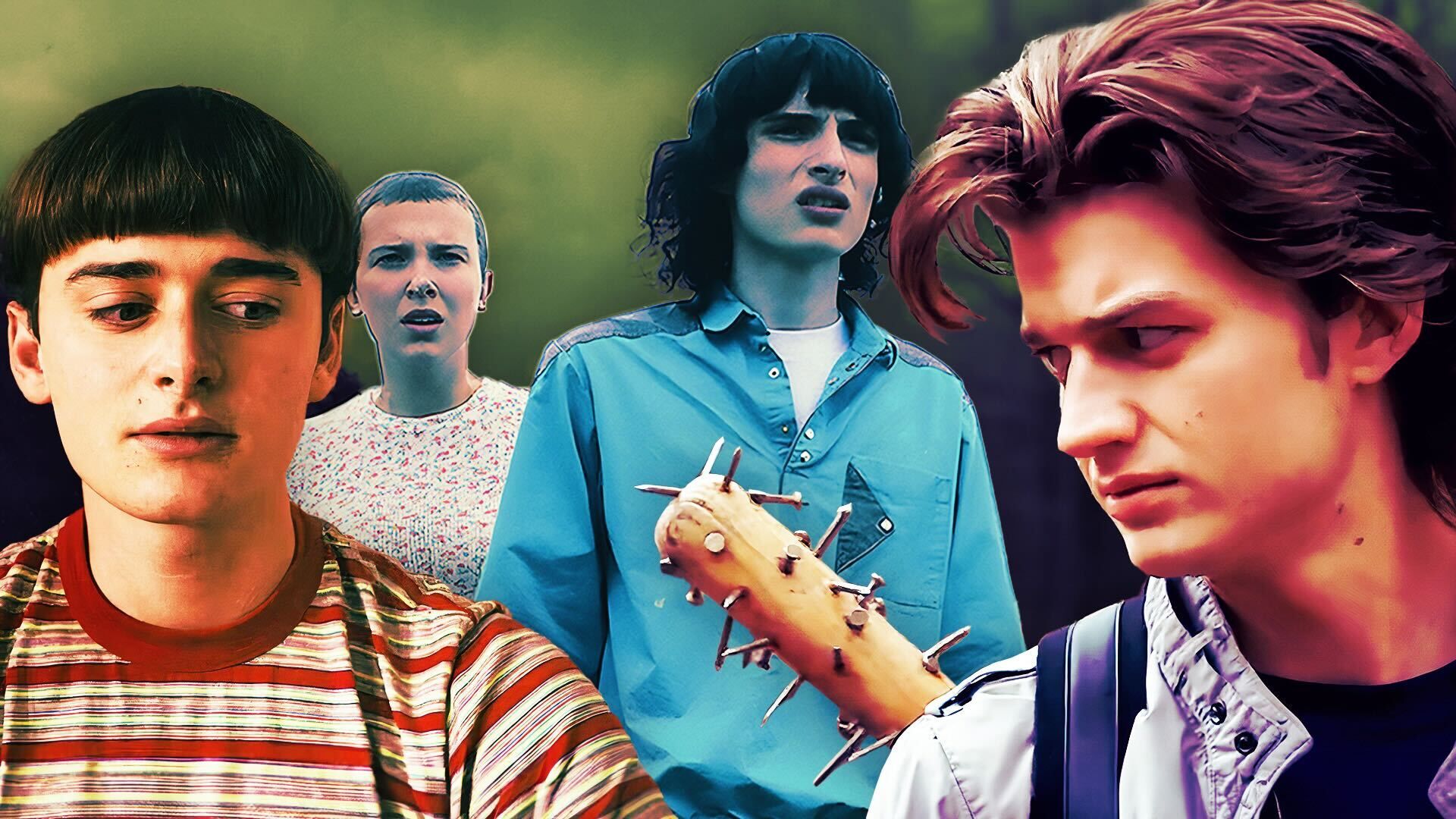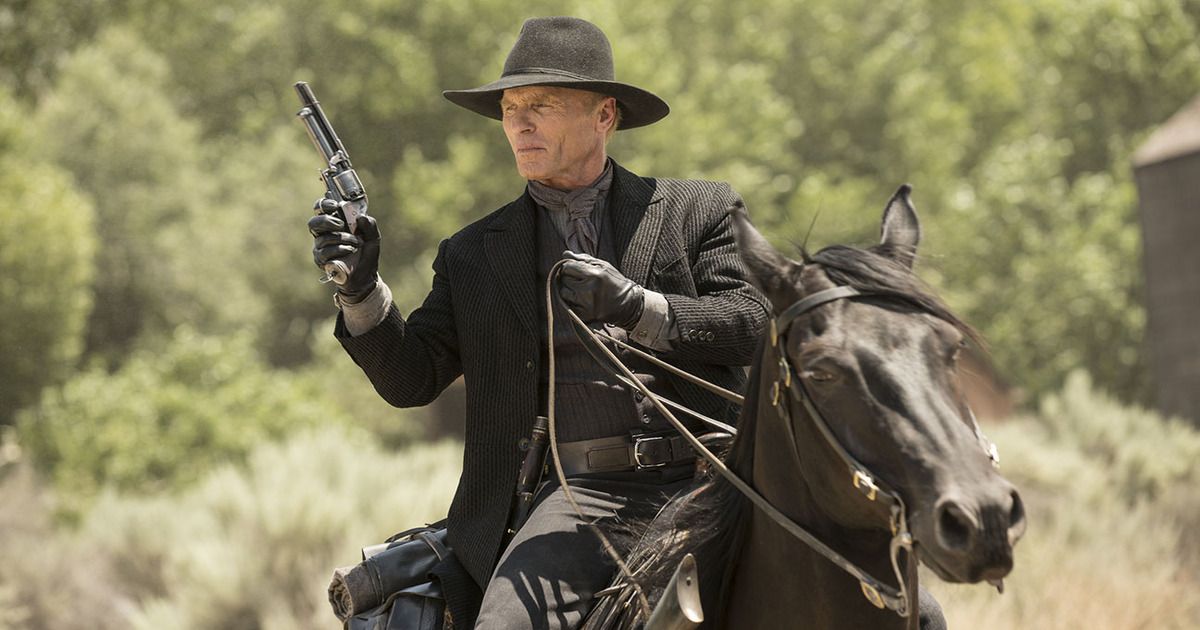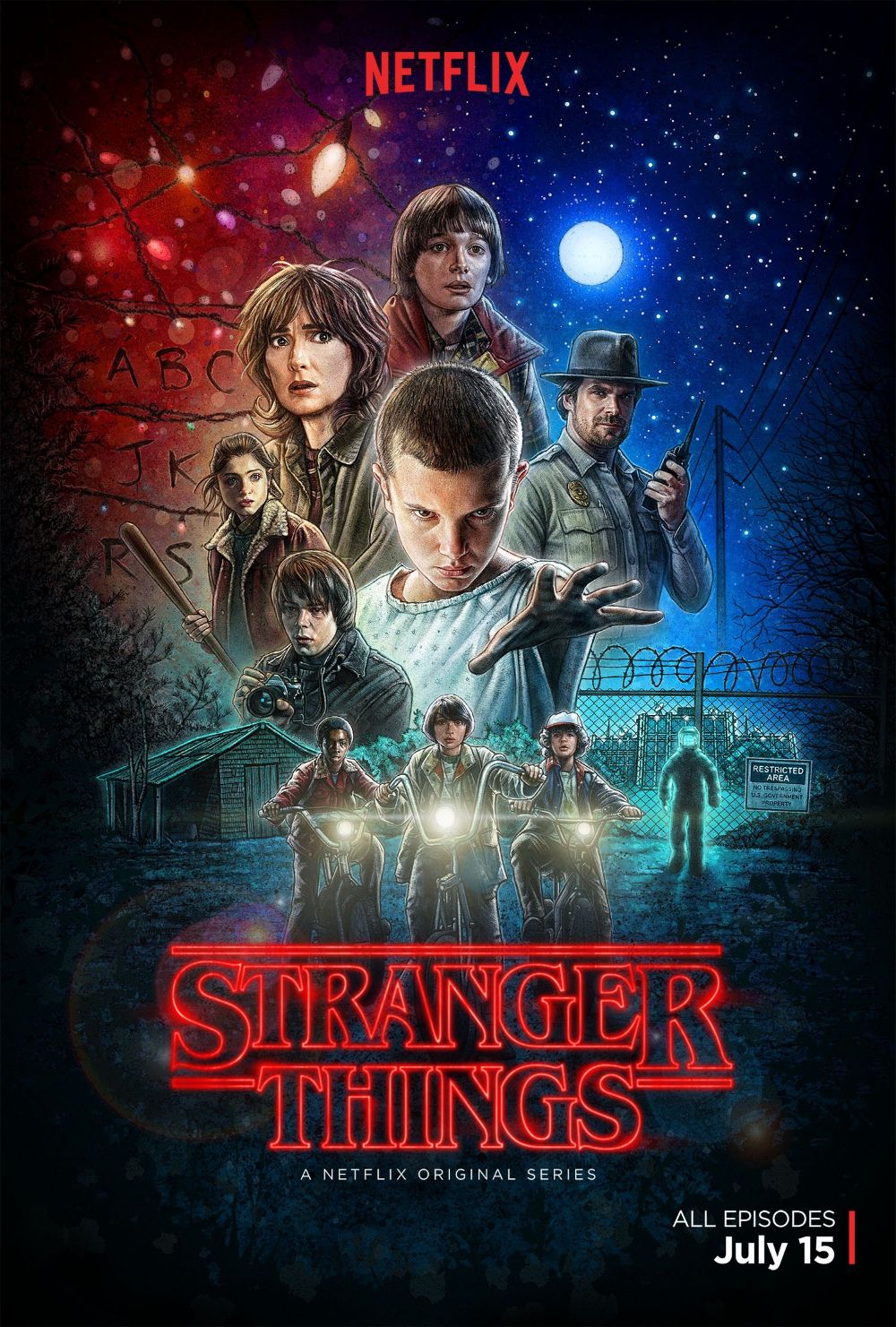Science fiction movies are in a strange place right now, and Stranger Things is a part of the reason why. The show exists in a bubble of its own. When a new season releases, it becomes the most talked about thing of the moment, but its cultural staying power has always fallen short after it has been and gone. Stranger Things is rarely discussed online when a new season isn’t here, and that’s interesting. Stranger Things represented one of the first major moves towards nostalgia-led storytelling that has plagued the sci-fi genre ever since.
A lawsuit was dropped just days before it was set to go to trial, according to Vanity Fair, accusing the Duffer Brothers of stealing the idea for Stranger Things from the plaintiff, Charlie Kessler. Kessler said that they stole the idea from his 2012 short film Montauk. Allegedly, Kessler and the Duffers discussed the concept of the film with the brothers at a 2014 party, where they supposedly said they “should work together.”
The dropping of the lawsuit is one thing, but what it represents for the sci-fi genre cannot be as easily forgotten. Stranger Things’ continual success has fundamentally altered how Hollywood operates, mostly for the worse. Stranger Things has changed the game, and as its final season nears, it seems harder to remember a time before it.
Stranger Things Has Changed the Perception of Sci-Fi for General Audiences
Stranger Things brought the second big boom for Netflix. The hit series House of Cards and Orange is the New Black were the first big shows for Netflix’s first generation, but Stranger Things was bigger than anyone could have expected. This second generation is what put Netflix on the map as a serious player, and it increased the visibility of original streaming content that hasn’t slowed down since. With everything Stranger Things ushered in, it can sometimes be hard to remember the show in its original form. The first season, which premiered nearly 10 years ago now, feels like a different monster to the later ones.
As the show has evolved and, in some ways, become diluted, the sci-fi genre has been forced to keep pace with its biggest name. Stranger Things has become a lot less potent in its later seasons. That blend of ’80s sci-fi with fantasy, wrapped in a modern layer of updated teen angst, has given way to mostly just a blend of artificial nostalgia without the childhood innocence of the characters to hold it together.

Related
Somehow These Major Stranger Things Characters Have Never Spoken to Each Other
Stranger Things favorite Steve hasn’t had a one-on-one conversation with Will in four seasons. Will he ever get the chance?
Stranger Things felt like something fresh only in the way that the recyclable nature of sequels and recognizable IP hadn’t hit its stride yet. Stranger Things has altered the value of originality in sci-fi, not just the originality of its concept but its specific lack of genuine awe that sci-fi used to be known for.
Stranger Things Has Devalued Originality in the Sci-Fi Genre
Stranger Things has its place in the genre, mainly to remind us of what we have had rather than what we could have. Nostalgia is a powerful tool that the show didn’t invent, but it came out at just the right time to re-capture the ’80s and ’90s to make it feel more fresh than it is. There are new ideas, and the characters are nuanced, but it’s difficult to distinguish a show in a genre so firmly rooted in a specific time and find new ways to develop older filmmaking technology. Stranger Things has all the advantages of updated technology and special effects without the sense of experimentation that made sci-fi feel like a gamble, not an assured thing.
Originality is a broad and fluid concept that can’t be applied to many things without losing its consistency. The sci-fi genre hasn’t disappeared because of Stranger Things, but it has changed. Sci-fi now is less focused on making movies for fans and more for general audiences. This isn’t necessarily a bad thing on its own.

Related
Best Shows Adapted From Sci-Fi Movies, Ranked
A ranked list of sci-fi television shows that were adapted from films.
When the benchmarks of originality shift from singular concepts into a combination of concept and recognizable fan service without creating anything new enough to spark excitement, it falls into the limbo category of Star Wars: The Force Awakens or Alien: Romulus. Legacy sequels like these use the Stranger Things model of artificial excitement that always wears off quickly.
Looking Ahead to Stranger Things Season 5
Stranger Things Season 5 will be an event, and rightfully so. The show deserves its fan base just like any show; it isn’t less than that because of its sci-fi style. The sci-fi genre is known for its innovation and weaponization of contemporary societal fears, like Black Mirror. Stranger Things has created a sub-category of its own. It’s not like fun, escapist sci-fi didn’t exist beforehand. But, with the modern forms of content distribution versus cinematic releases, it does feel oddly individual in its blend of pop culture and sci-fi tropes to make something eerily familiar. It doesn’t try to be dark and scathing.
When it ends, the genre will be left with a massive hole and a decision about where to go next. Stranger Things brought sci-fi into the streaming age, and few shows in the style have captured the same fanfare. Where it goes next is anyone’s guess. Whether it stays on course or finds a way into horror’s artsy resurgence is up to more powerful people. Stranger Things’ legacy will be entirely singular despite its reliance on nostalgia.
Its wild success has taken us forward and backward at the same time. What happens when we escape the Upside Down and leave Hawkins behind? Who knows, but when we look back, we will have Stranger Things to credit for where we ended up. Stranger Things Season 5 is coming to Netflix in 2025.

